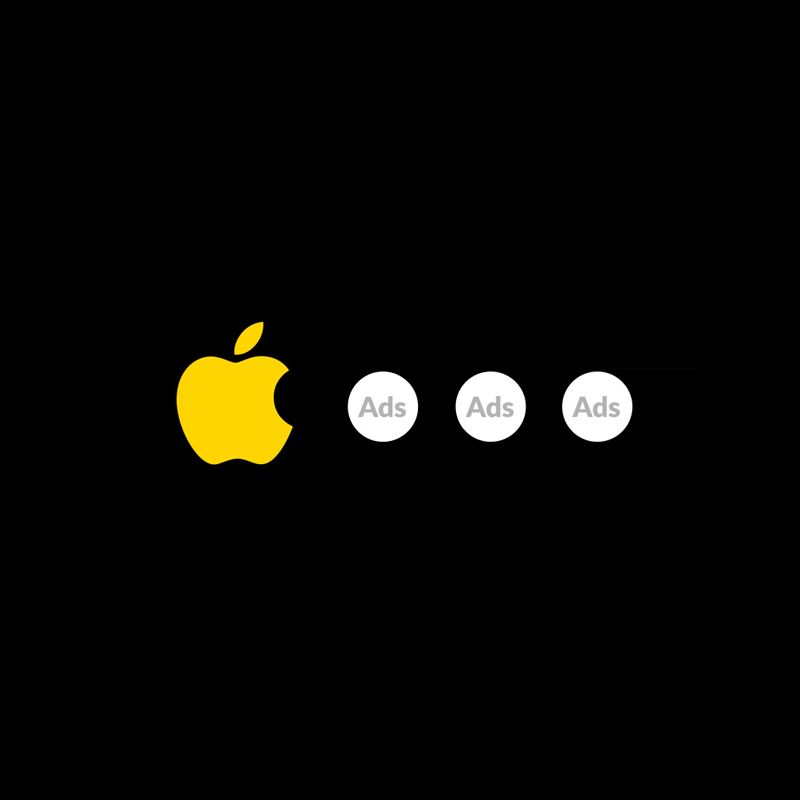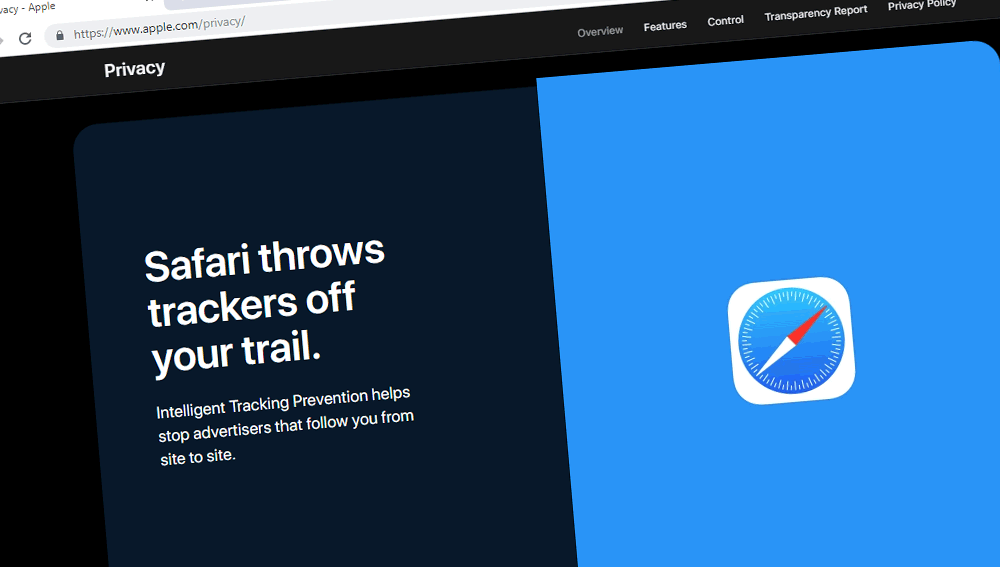
The web is full of tracking codes, available on websites, web applications and more.
When online privacy rules change, it can affect how publishers make money when serving ads. And when big tech companies like Apple is making the change, publishers can experience a huge cut in their income.
That, according to executives from Condé Nast and The Wall Street Journal.
Speaking at AdAge’s Next: Publishing forum, Craig Kostelic, Condé Nast’s chief business officer, head of U.S. advertising revenue and global video sales, and Josh Stinchcomb, global chief revenue officer of The Wall Street Journal and Barron’s Group, discussed the changing privacy landscape on the web and how it impacts digital advertising.
It has been long known that Google has the web, Facebook has the app, and Apple has the device. And for almost that long, Apple has been leading the way in preventing online trackers on its mobile devices and Safari web browser.
Since the company introduced ways for its users to hide their online identities, publishers have become increasingly worried.
There are a lot of Apple users. Without trackers functioning like they should, or blocked by Apple devices, publishers are losing a significant portion of their ability to target users with ads.
Read: WebKit Wants To Further Restrict Web Trackers, And Google Should Follow Suit

Apple is confident about blocking trackers and hiding users' identity, mostly because its business model never really relied on users' data as a commodity. Apple is unlike Google or Facebook, as its main revenue comes from selling physical devices, like iPhones, as oppose to free software or services.
There has been an ongoing debate in the advertising community about just how much Apple’s changes can affect other platforms.
For instance, Google has been pressured to implement similar anti-tracking measures for Chromium-based browsers, by providing the necessary tools that would give people more control over how websites collect cookies. Here, the company warned that blocking too aggressively would harm publishers.
This statement is partly because Google relies heavily on its advertising platform for revenue.
If publishers' revenue declines and having a hard time monetizing their contents like they normally would, Google will share that experience.
Read: The Anti-Tracking Policy For Chromium-Based Browsers: Google's Respond To Apple
According to executives from Condé Nast and The Wall Street Journal, they see a difference in the value of ads, depending on where their readers come from.
When visitors use Chrome, ads tend to be more expensive, resulting in proper revenue and proper analytics data. But when visitors visit them through Apple's Safari browser where cookie tracking is more limited, ads tend to be cheaper.
"Obviously, the more that you understand who somebody is and what actions they're taking and an ability to retarget them," Kostelic says, "the higher the price point that they're willing to pay from a supply standpoint. And without that information the less they're willing to pay."
The publishers can see the relative value between the two browsers when the ads were served in open ad auctions.
Big publishers like Condé Nast and The Wall Street Journal have direct relationships with the advertisers to set prices, rather than sending their ad space to real-time programmatic auctions, like most smaller publishers.
And here, "We are seeing significantly lower eCPMs [effective cost per thousand ads]," explained Stinchcomb. "So, I think that's a sort of early look at sort of diminished value of inventory when you start to take out certain targeting capabilities."
For this reason, publishers are moving away from targeted advertising, and more into contextual advertising, where ads are targeted to the content of the page, rather than tailored specifically to the visitors themselves.
"You're seeing a lot of publishers, I think smartly sort of beef up their contextual targeting capabilities. You know, we certainly are doing that," said Stinchcomb. "I think contextual targeting, which I guess is kind of where the web started, is going to come somewhat back into vogue and be part of the mix of solutions."
Kostelic suggests that publishers using contextual advertising should offer high prices, saying that publishers should be able to charge a premium price for providing contextual data that helps advertisers understand the quality of the ad inventory.
"I think publishers will start to bring more contextual data into the programmatic offering," explained Kostelic.